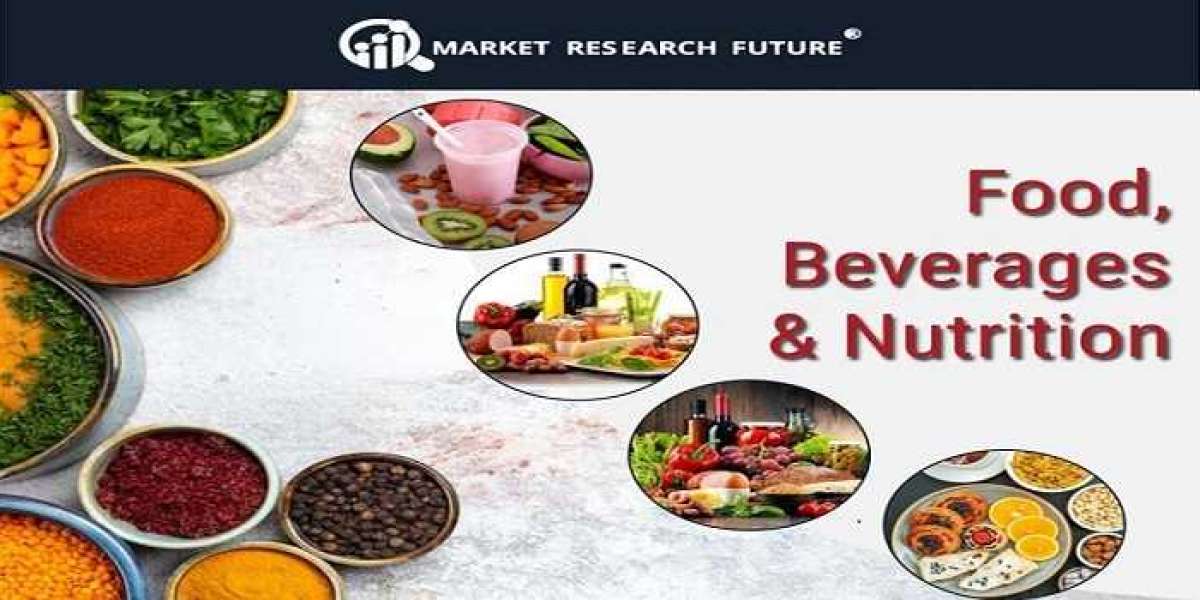As consumer expectations evolve, virgin coconut oil (VCO) producers and brands are under increasing scrutiny regarding their environmental and social footprints. The market’s credibility depends not only on health claims but on sustainability and ethical practices. Below we delve into these dimensions in the VCO space.
Why Sustainability Matters
Consumers today are not just buying product functionality—they are buying values. A VCO brand that cannot demonstrate sustainable agricultural practices, fair wages, or ecological stewardship risks losing trust.
Sustainable practices in VCO include:
Organic and regenerative farming
Soil health, crop rotation, biodiversity protection
Zero-waste processing, use of by-products
Eco-friendly packaging and reduced transport footprint
Ethical Sourcing Fair Trade
Many VCO raw materials come from smallholder farmers in countries like the Philippines, Indonesia, India, Sri Lanka. Ethical sourcing ensures equitable pay, transparent contracts, and community benefits.
Certification schemes (Fair Trade, Rainforest Alliance, etc.) help validate claims, but implementation must be robust—traceability, audits, farmer empowerment are key.
Market Impact Consumer Influence
A growing segment of consumers is willing to pay premiums for ethically sourced and sustainable products. Brands that transparently communicate sourcing, carbon footprint, or social impact often command higher loyalty.
Moreover, regulatory pressures (e.g. import regulations, eco-labeling requirements) may increasingly favor sustainable brands.
Challenges Considerations
Certification costs and compliance burden may challenge smaller producers
Verifying on-ground practices, preventing greenwashing
Balancing yield and sustainability—some sustainable methods may reduce short-term yield
Logistical overheads in sustainable supply chains
Strategic Recommendations
Partner directly with farmer cooperatives, provide training, ensure fair contracts
Publish supply chain traceability (e.g. blockchain, QR codes)
Use eco-packaging and offset logistics carbon emissions
Incorporate social impact stories in branding
Outlook
In the future, sustainability and ethics could be as important as purity for a VCO brand’s value proposition. Those who lead in transparency and responsible sourcing may set the benchmark in this evolving market space.






